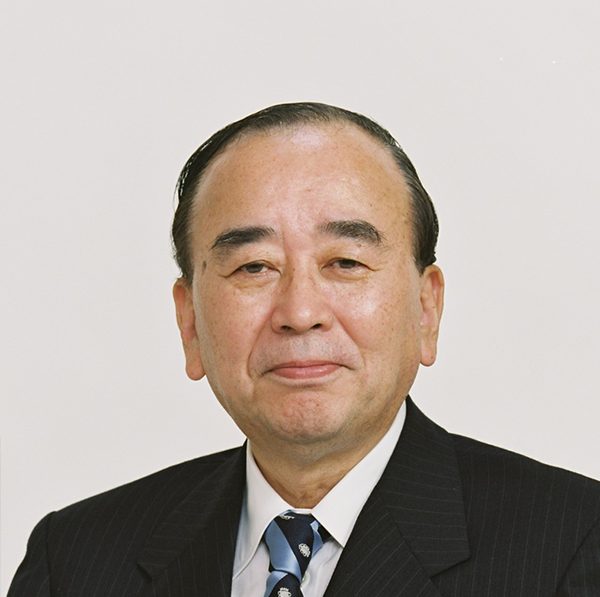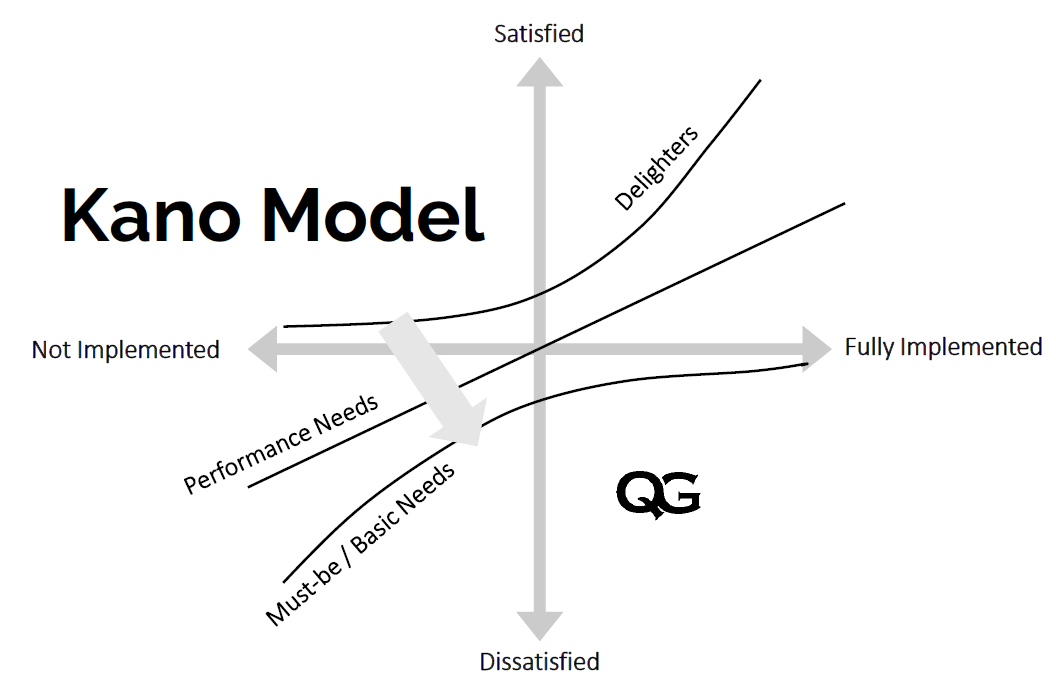
Marketing content shared with Michigan Business Network by:
Bonnie J. Knutson, PhD
The School of Hospitality Business
Broad College of Business
Michigan State University

A while ago, I conducted some focus groups with frequent travelers. At one point, we were discussing hotel amenities and the conversation went something like this:
Me: Do you want a robe in your closet?
Them: Yes
Me: Do you want slippers too?
Them: Sure
Me: And reliable internet connection?
Them: Definitely
Me: What about a welcome gift?
Them: Of course.
Me: And how much extra would you pay for these amenities.
Them: Silence
Fast forward to today and we could add:
Me: Do you want the hotel to prioritize sustainability?
Them: Certainly
Me: And how much extra would you be willing to pay for your room:
Them: Once again, Silence.
Herein lies the proverbial conundrum for your business, not just hotels. Consumers have always wanted everything, although they have not necessarily wanted to pay for it. But is it different for sustainability? Are they talking the talk but not walking the walk? Or are they now walking the walk?
Here is where Dr. Noriaki Kano comes into the picture.
Who?
Dr. Kano is a Japanese engineer and consultant who is a strong believer that customers’ loyalty depends on their emotional reaction to products and services. Why else would I be driving a little red convertible down the highway with my hair flying in the breeze? Dr. Kano developed an analytical tool that will enable a business to understand how customers respond to
what is offered and provided to them. In essence, he found that there are three basic response categories. The first one he calls Dissatisfiers. These are the “must haves” that you are required to provide your customers as part of their total purchasing experience. If they are not provided, he/she will notice and be unhappy. Interestingly, in most cases, if they are provided, the customer doesn’t even notice them. They are expected; they are almost invisible; there are just there.
I remember conducting a study for a consumer products company about what amenities a guest expected in his or her hotel room. Not surprisingly, soap was first on the list. Everyone checked that item. It clearly came out as the number one dissatisfier. In other words, just providing soap was not enough to make a guest happy. But if he or she walks into the bathroom, looks around, but finds no soap, you bet there would be an unsatisfied phone call to housekeeping. The same, of course, can be said of your clean office, easy parking and, increasingly, prompt service, fast delivery, accurate billing, and a reliable online presence. It is estimated that dissatisfied customers will tell between 9-15 people about their bad experiences, with over one in ten telling 20. The impact of negative word-of-mouth can be even more devastating with social media. Seventy-six percent of consumers are using online reviews before determining which business to use, and over one million people view tweets about customer service every week and roughly 80 percent of those tweets are negative.i
The second category Dr. Kano labels Satisfiers. This is a case where, he says, after the basic requirements of the guest are met, the more they are met, the better. Think about the soap example. Instead of that tiny bar of a common brand that you can find in the sample-size aisle of any favorite supermarket or drug store, a small-scale artisan soap would qualify as “the more they are met, the better.” Instead of sending the proverbial expected holiday card, what about sending a Valentine’s card instead to show how you feel about your customer. Plus, it will be noticed more. As famed celebrity chef Emeril Lagasse would say, “Bam! Let’s kick it up a notch.”
Kano named the third category, Delighters. These are the products, features, and services that go above and beyond what customer expect. They are the unexpected. The surprise. The lagniappe. ii The WOW! One example that easily comes to mind is the towel animals which are a fun tradition in the cruise ship industry. From children to grandparents alike, passengers look forward to every night finding a towel configured into a different fluffy fabric animal propped up against the pillow on their beds. However, in 2019, Norwegian Cruise Line (NCL) made the decision to eliminate these artfully folded towels to conserve resources. “We are committed to being a responsible corporate citizen by fostering a culture of awareness and respect for our
world’s resources…[and] to continually improve our sustainability culture through fresh innovation, progressive education, and open collaboration.” So much for delighting guests with fluffy towel animals. Are they just considered a casualty of sustainability? What is the impact of their elimination on the guests’ experience? Is it enough to move their emotional experience out of the Delighter category? And more importantly, what is the impact on costs and revenues, not to mention brand image.
Hence, the proverbial conundrum for every business.
Most, if not all, organizations are integrating sustainable strategies into their operations. But the question everyone is always faced with is whether the costs of going green will increase customer loyalty. Increase revenues. Increase profits.
Most businesses are still in the initial stages of this implementing practices that are environmentally friendly and ecologically responsible. Driven by the consumers’ movement toward leading more environmentally friendly and ecologically responsible lifestyles, organizations are working to develop strategies that protect the environment for current and future generations.
So now you must get the word out. All the great eco-friendly things that you implement cannot drive one more customer if people do not know. As my father always used to say, If you do something nice for your customer, be sure to tell him.
Your bottom line will thank you!
i https://www.marketconnectionsinc.com/dangerous-silent-cusomer/
ii A lagniappe is an unexpected extra that a business gives to a customer at the time of the purchase. The 13th doughnut that a baker gives you when you buy a dozen is an example.















